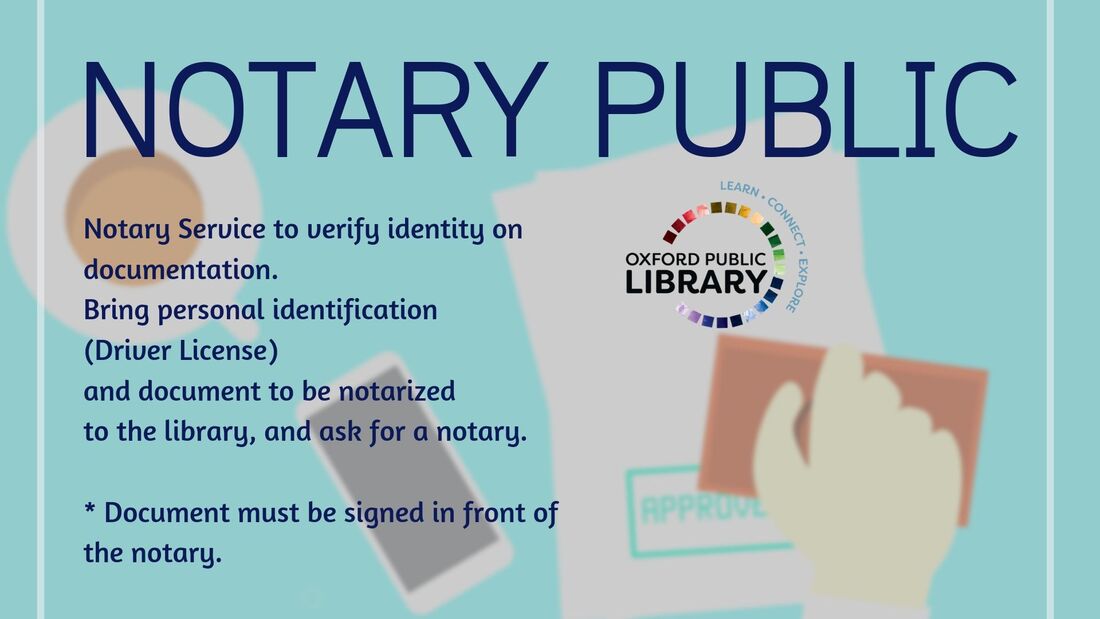Recognizing Apostille: Simplifying International Document Legalization
Recognizing Apostille: Simplifying International Document Legalization
Blog Article
Debunking Notarial Work: Simplifying the Duty and Relevance of Notaries
In the elaborate web of legal documentation and verification, notaries stand as pillars of guarantee and authenticity. Their duty, often shrouded in enigma for several, lugs significant weight in making certain the legitimacy and honesty of essential documents. As guardians of legitimacy and fact, notaries play a pivotal component in our society, yet their job is not constantly completely comprehended. By unraveling the intricacies surrounding notarial practices and shedding light on the value of their acts, a clearer understanding emerges of the crucial function notaries play in promoting the fabric of lawful and legal contracts.
The Background of Notarial Job
How did notarial job evolve in time to become an integral component of legal and organization purchases? The history of notarial work go back to old worlds, where scribes played a critical role in recording vital information and authenticating files. As cultures advanced, the requirement for a more formalized system to make certain the credibility of contracts developed. This led to the development of notaries, people assigned by the state to act as impartial witnesses in lawful issues.
Throughout the Middle Ages, notaries acquired prestige in Europe, with their features broadening to consist of preparing lawful records, certifying trademarks, and preserving documents. The surge of global trade better stressed the relevance of notarial work in confirming contracts and contracts throughout borders.
In the modern-day age, notaries remain to play an essential function in legal and company transactions by confirming identifications, confirming the credibility of documents, and preventing fraud. Their function in licensing the credibility of agreements adds a layer of safety and depend the ever-evolving landscape of commerce and regulation.

Obligations and Obligations of Notaries
Notaries play a crucial role in validating the credibility of papers and the identity of notaries. One of their key obligations is to witness the signing of essential papers, such as wills, agreements, and acts, to make certain that all celebrations are entering into agreements intentionally and willingly.
In addition, notaries are tasked with providing oaths and affirmations, which are crucial in legal proceedings and the implementation of sworn statements. They certify duplicates of original papers, giving guarantee to establishments that the copies hold true reproductions of the originals. Notaries must maintain precise documents of all deals they look after to make certain openness and accountability. Generally, the duties and obligations of notaries are necessary in guarding the integrity and validity of numerous documents and deals.
Notarial Certificates and Signatures
Exhibiting thorough interest to detail, notarial certifications and signatures function as essential parts in confirming the credibility of legal records. Notarial certifications typically contain vital details such as the date of registration, the names of the signatures, a summary of the file, and the notary's official seal. These certifications provide a clear record of the notarial act, ensuring that the record can be easily determined and traced back to the notary that oversaw the procedure.
Trademarks play a crucial duty in notarial job, as they represent the contract and permission of the celebrations entailed. Notaries very carefully witness the finalizing of papers to validate the identity of the notaries and validate that they are signing of their own free choice. By fastening their main seal and trademark to the file, notaries license that the essential procedures have been complied with and that the file is legitimate and enforceable.
Essentially, notarial certificates and trademarks are the trademark of credibility in lawful deals, offering guarantee to all celebrations involved that the documents are legitimate and binding.
Relevance of Notarial Acts

Notarization Process Clarified
The notarization procedure usually begins with the private offering the record to a notary public. As soon as the identification is confirmed, the notary guarantees that the individual signing the document does so willingly and without any kind of threat.

Final Thought

Notarial certificates typically have essential info such as the date of registration, the names of the signatories, a summary of the file, and the notary's official seal. These certifications supply a clear record of the notarial act, guaranteeing that the paper can be conveniently determined and mapped back to the notary who managed the procedure.
By fastening their official seal and trademark to the document, notaries certify that the needed procedures have been adhered to and that the paper is legitimate and enforceable.
By confirming the identification of the notaries, verifying their determination to enter into the agreement, and licensing the day and place of the signing, notaries play an essential duty in promoting the read this legitimacy of legal documents.After the file is authorized, the notary will affix their main seal or stamp onto the paper.
Report this page